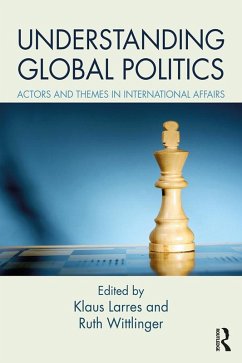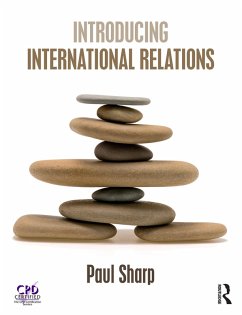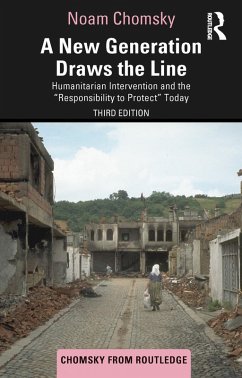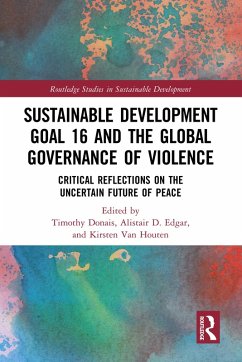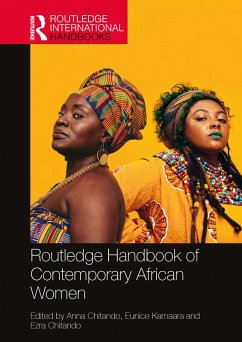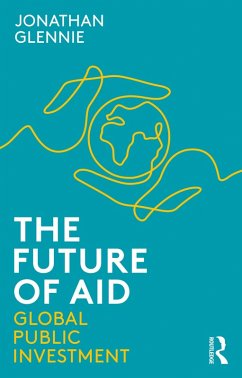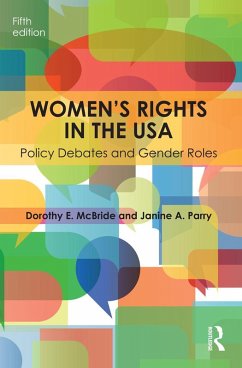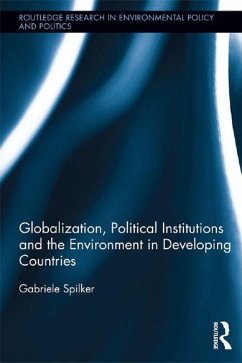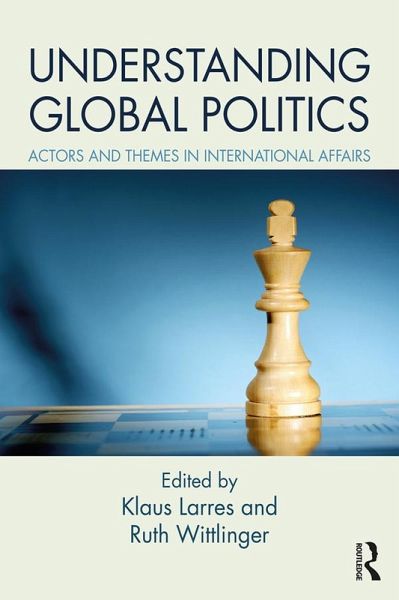
Understanding Global Politics (eBook, ePUB)
Actors and Themes in International Affairs
Redaktion: Larres, Klaus; Wittlinger, Ruth
Versandkostenfrei!
Sofort per Download lieferbar
38,95 €
inkl. MwSt.
Weitere Ausgaben:

PAYBACK Punkte
19 °P sammeln!
Contemporary international affairs are largely shaped by widely differing thematic issues and actors, such as nation states, international institutions, NGOs and multinational companies. Obtaining a deeper understanding of these multifaceted themes and actors is crucial for developing a genuine understanding of contemporary international affairs. This book provides undergraduate and postgraduate students of global politics and international relations with the necessary knowledge of the forces that shape and dominate our global political, economic and social/cultural environment. The book signi...
Contemporary international affairs are largely shaped by widely differing thematic issues and actors, such as nation states, international institutions, NGOs and multinational companies. Obtaining a deeper understanding of these multifaceted themes and actors is crucial for developing a genuine understanding of contemporary international affairs. This book provides undergraduate and postgraduate students of global politics and international relations with the necessary knowledge of the forces that shape and dominate our global political, economic and social/cultural environment. The book significantly enhances our understanding of the essentials of contemporary international affairs.
Understanding Global Politics takes a pragmatic approach to international relations, with each chapter being written by an expert in their respective field:
The comprehensive structure of this book makes it particularly viable to students who wish to pursue careers in international organizations, diplomacy, consultancy, the think tank world and the media.
Understanding Global Politics takes a pragmatic approach to international relations, with each chapter being written by an expert in their respective field:
- Part I provides the historical background that has led to the current state of world affairs. It also provides clear outlines of the major yet often complex theories of international relations.
- Part II is dedicated to the main actors in global politics. It discusses actors such as the most important nation states, the UN, EU, international organizations, NGOs and multinational companies.
- Part III considers important contemporary themes and challenges in global politics, including non-state centered challenges. Chapters focus on international terrorism, energy and climate change issues, religious fundamentalism and demographic changes.
The comprehensive structure of this book makes it particularly viable to students who wish to pursue careers in international organizations, diplomacy, consultancy, the think tank world and the media.
Dieser Download kann aus rechtlichen Gründen nur mit Rechnungsadresse in A, B, BG, CY, CZ, D, DK, EW, E, FIN, F, GR, HR, H, IRL, I, LT, L, LR, M, NL, PL, P, R, S, SLO, SK ausgeliefert werden.




